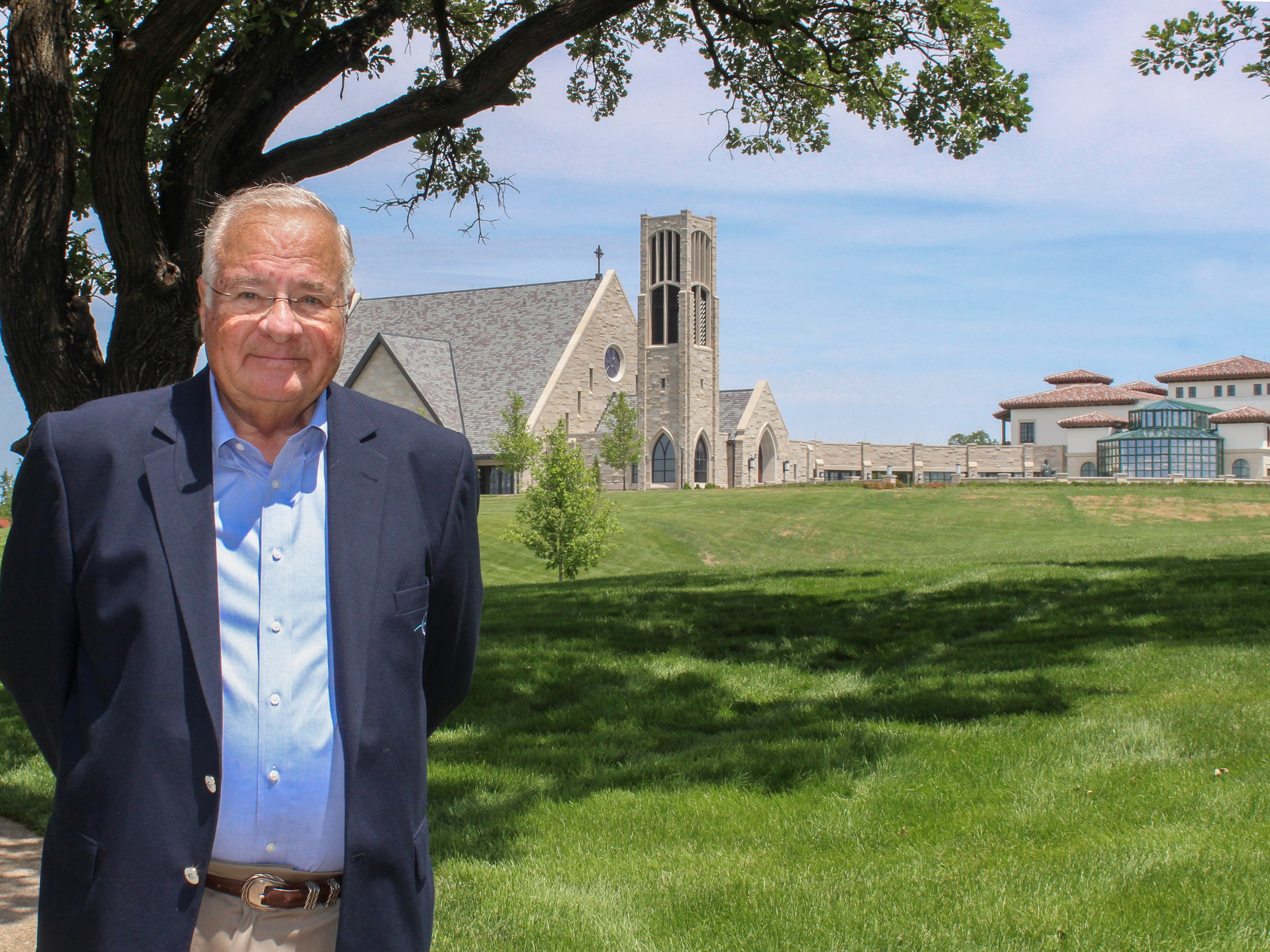- Joe Ricketts is the founder, former CEO, and retired chairman of online brokerage TD Ameritrade.
- The following is an excerpt from his book, “The Harder You Work, The Luckier You Get.”
- In it, he describes how his first job at age eight – assisting a janitor in town – helped him discover that he had a “talent for work.”
- He didn’t have a formal training in marketing, never went to business school, and had no background in tech. But this talent for work – and hopefulness that the right opportunity would come along – led him to innovation.
- Visit Business Insider’s homepage for more stories.
When I look back on the success that my company, Ameritrade, was able to achieve, and I try to identify the ingredients that let me, personally, found such a company – well, they’re not what people would expect. Ameritrade became known as the disruptive company that busted open the clubby old world of investing with cutting-edge technology, but I had no background in tech. I only got my first computer because my son said I should have one on my desk. It was years before I started to use it.
I had no formal training in marketing, either. I never went to business school. So, what was I drawing on when a small group of mainly stockbrokers and accountants in Nebraska set out to found a business that would change investment for the world?
I’ll say again: It’s not what people expect.
When I was around eight years old, the janitor who worked in the courthouse in Nebraska City called to speak to my parents. His assistant was on vacation, he explained, and he had observed me in town and judged me to be an enterprising young man, mild-mannered, reliable, and obedient. He asked my parents if I would be interested in assisting him in the afternoons for a couple of weeks.
My mother told me, "You ought to be proud of yourself, Joe, because he called and asked specifically for you. He wants you to work for him because you look like a person of worth. Take the job and prove to him that you are."

After that, throughout my school years, I almost always had a job - first a paper route, then a position as a clerk at the grocery store. I was a carryout boy, and stocked shelves and swept floors, and I enjoyed it. If a skill is something you have to learn, and a talent is a gift you are given, then working - liking to work - was part of my talent. Depositing my wages at the savings bank, I loved seeing the money add up, watching it grow by two, three, four, eight dollars. To work, to make money, to watch it grow - that was my secret thrill. None of my friends were doing it. School was not exciting like that.
If you had asked my wife, Marlene, who met me in high school, she would have told you that I seemed like the other young men, except more of a dreamer, imagining myself in charge of the businesses where I cleaned or clerked. Slowly, as I left college and took my first full-time jobs, that dream grew. I wanted my own business to run. I wanted to give it everything I had, make a big success, and build something that would last for myself, my children, and the people who worked for me. But for years, into my 30s, even the chance to try seemed out of reach. I had no money to start a business.
The closest I could get was becoming a stockbroker, paid on commission based on my own ideas and efforts. But I became a stockbroker at precisely the wrong time. The go-go 1960s had ended, we had back-to-back bear markets, and I barely made enough for my family to get by. My wife used to ask me, "Joe, wouldn't you be happier selling paint at Sears?" She meant a regular job with a reliable wage.
And then a change came. The government, which had always regulated the commissions that stockbrokers could charge, decided to allow free negotiation of what the commissions would be. That meant that traditional stockbrokers, like me, were going to make even less money for the same effort. But it also meant that it might be possible to start a new kind of brokerage, one that offered a much lower price for a trade. One stockbroker colleague of mine saw it the same way I did: Why should we stay at a full-service broker and lose the customers who want a lower price? Why not become the new brokers who get to welcome those customers?
Those were the ingredients. I had a talent for work. I was raised to believe that work was a chance to prove your worth and build something lasting for your family and your employees. And I held out for a big opportunity to do just that, even though it didn't come along for years.
The rest I learned on the job.
Copyright © 2019 by Joe Ricketts. From "The Harder You Work, the Luckier You Get: an Entrepreneur's Memoir," published by Simon & Schuster. Reprinted by permission.
